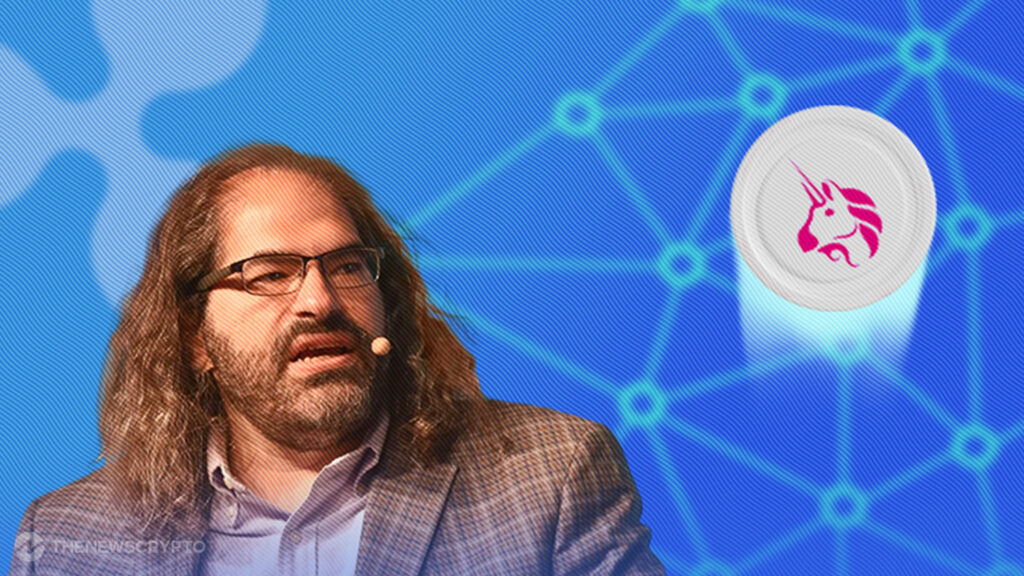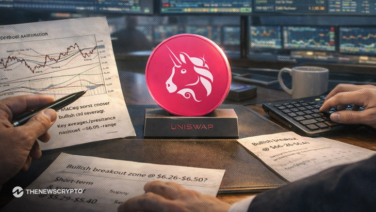- David argues the Uniswap V3 engine is not as decentralized as many may imagine.
- Exchange can’t be truly decentralized if its underlying technology isn’t open source.
Uniswap (UNI) may have been an early player in the Decentralized Finance (DeFi) ecosystem. But Ripple’s vocal CTO David Schwartz recently pointed out that this doesn’t make it a decentralized business.
There has been backlash over the Ripple CTO’s comments that Uniswap is not a decentralized platform. This debate concerning the platform’s decentralization originated in a larger Twitter issue about the centralization of open-source protocols.
Questions Over Not Being Open Source
Ripple’s chief technology officer (CTO) stood by his previous statements that an exchange can’t be truly decentralized if its underlying technology isn’t open source. Schwartz elaborates by claiming that Uniswap Labs likely opted not to make the V3 engine open source due to the governance mechanism that comes with the V1 and V2 forks.
In light of the US Securities and Exchange Commission’s (SEC) increasing crackdowns on crypto platforms. Businesses that cater to persons who may be viewed as a single entity whose actions would create income for those individuals have awakened.
Most crypto firms and associations are being cautious to stay out of legal issues. Despite the fact that the definition of common interest under the Howey Test is still up for discussion.
The Ripple CTO argues the Uniswap V3 engine is not as decentralized as many may imagine, but the problems with earlier versions are expected to be resolved in the next V4 engine. The Uniswap V4 engine includes several features, including the ability to collect feedback that may be used to refine the protocol before it is officially released.
A pioneer in the usage of the Automated Market Maker (AMM) engine currently standard in most DEXs, Uniswap has gone a long way in a short period of time to become the protocol with the greatest trading volumes among other comparable firms.
Recommended For You:








